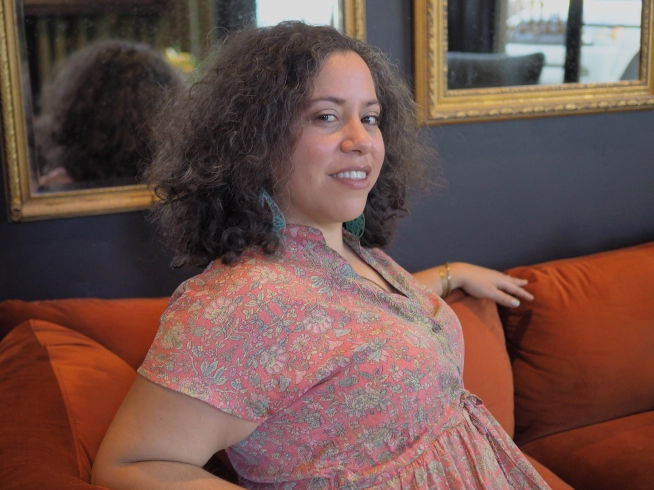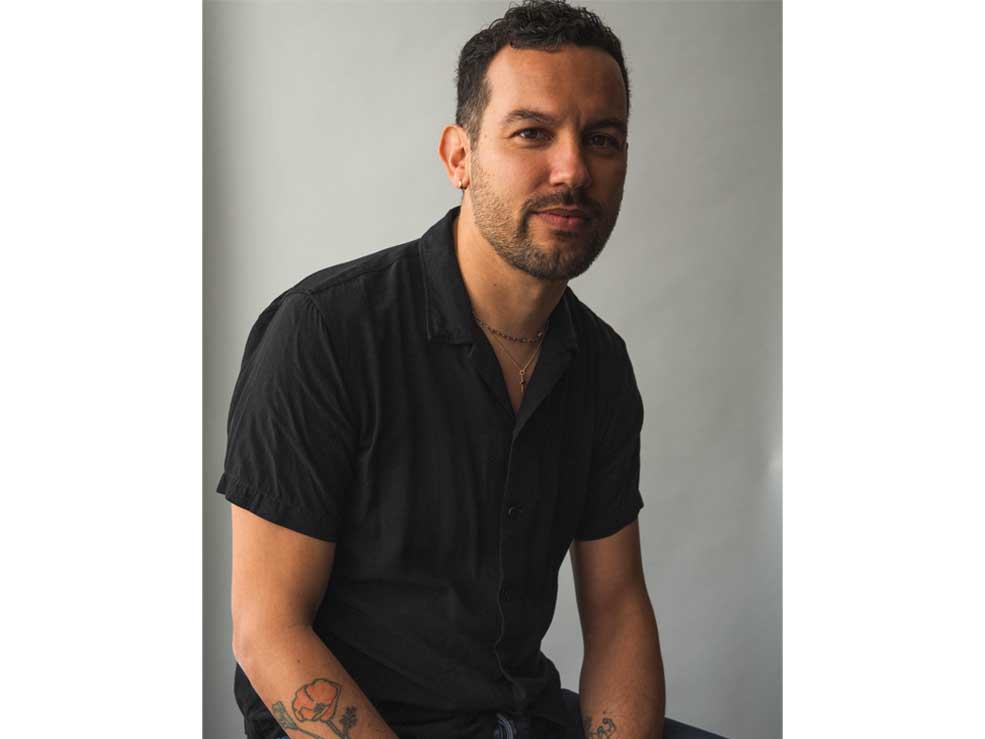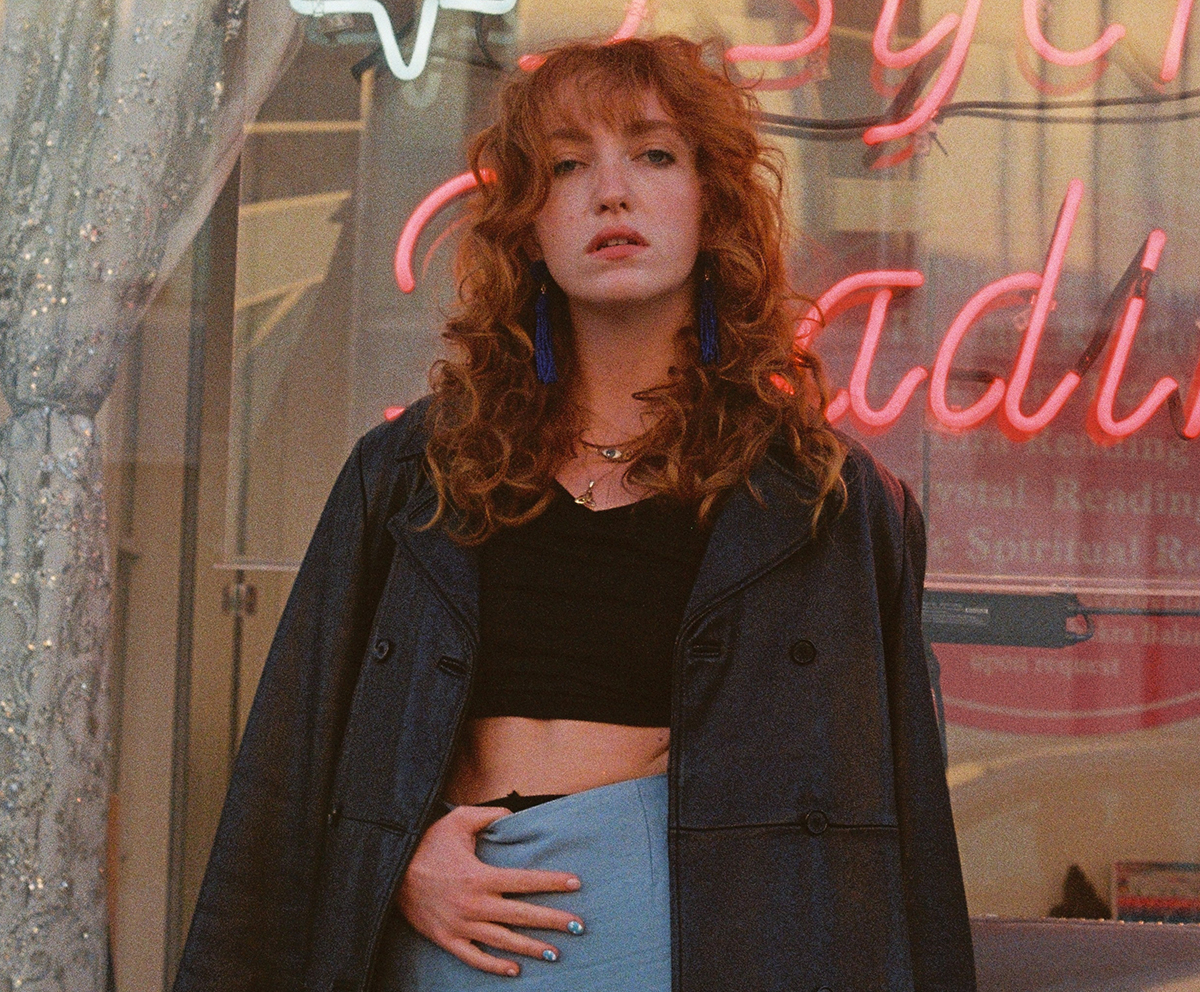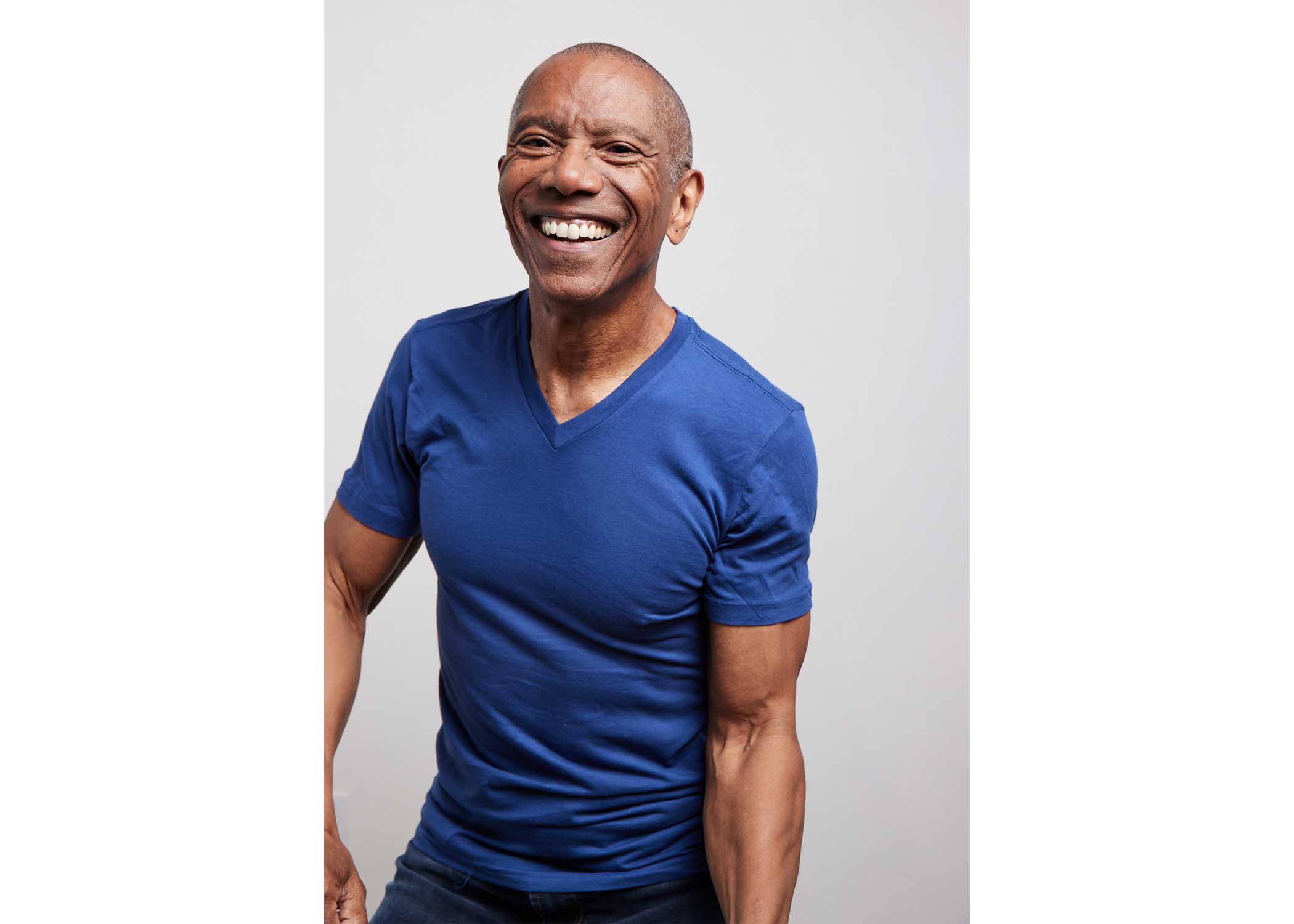Q&A: Author and poet Xochitl-Julisa Bermejo discusses verse as a Chicana

Sitting on an orange couch, Xochitl-Julisa Bermejo smiles for a portrait. The author and poet will host a poetry workshop in collaboration with Beyond Baroque Literary Arts Center on Saturday. (Courtesy of Xochitl-Julisa Bermejo)
By Eric Sican
Dec. 1, 2023 6:08 p.m.
This post was updated Dec. 3 at 8:24 p.m.
Xochitl-Julisa Bermejo is defining what it means to be a Chicana in poetry.
Bermejo is an award-winning author, poet and a former artist-in-residence at the Gettysburg National Military Park. Having taught courses in creative writing through UCLA Extension, she hosted an in-person poetry workshop at the Beyond Baroque Literary Arts Center on Saturday.
Bermejo spoke with the Daily Bruin’s Eric Sican about her new book, “Incantation: Love Poems for Battle Sites,” and how her Chicana identity has influenced her work.
[Related: Q&A: Tananarive Due talks connections, writing process for new story ‘The Rider’]
This interview has been edited for length and clarity.
Daily Bruin: How does your Chicana identity inform and shape your writing?
Xochitl-Julisa Bermejo: What I feel about my Chicana identity is that it encompasses my poetry, my teaching and my organizing – all of those live within the word Chicana and what Chicana means to me. The way it comes through in my poetry is the activism of it. The first section of my book is very much what I call the social justice section, because it has these memorial poems to people we have lost to police violence or government-sanctioned violence. I feel like that is part of being a Chicana. I could just call myself Mexican American, but to call myself Chicana means that I’m aware of social injustice and that I’m active and organizing, and that also comes through in my poetry.
DB: How has your family influenced your poetry and your approach to teaching and organizing?
XJB: I’ve always known I was a child of immigrants, and I always knew that immigrants were not seen in a positive light in our country. That was always a part of who I was and what I knew about my family. I always cared about immigrant rights even as a child. That has always been a big influence. My parents, being the eldest of their immigrant families, had to take on an adult role and a responsible role within their families. So both my parents weren’t allowed to pursue their own artistic endeavors.
DB: Can you speak to the role of poetry in fostering dialogue and understanding of challenging circumstances within diverse communities?
XJB: This makes me think about how I am as a poetry instructor or even a creative writing instructor. I think a lot of people, a lot of newer emerging writers, think that what they want is for people to be able to understand their story. They want to be relatable, right? So to be relatable, they think that they have to be more vague, like, “I can’t talk about the specifics of my family because then that will be exclusive or feel exclusive to someone else.” I just don’t think that’s true.
I feel like the more specific you are about your experience, then the more people can see how real it is. In that real vision of humanity, they can see themselves. You don’t have to be Mexican American to feel you’re being seen or to feel connected to my story if I’m being really specific and real about it.
[Related: UCLA professor Harryette Mullen talks poetry themes ahead of Hammer Museum reading]
DB: How do you see poetry as a means of connecting with and empowering communities?
XJB: That’s something I think about – I want my poems to be inspiring to people. I want my poems to create comfort for people. I want them to be a place of comfort. As I grow in my career and my creative practices, I may end up doing a really weird avant-garde type of book. But right now, with my first two books, it’s really important to me to be relatable.
I want people to feel like this is a book they can interact with, even if they have never felt comfortable with poetry. I like to think a lot about the person who’s like, “Oh, I’m not smart enough for poetry,” and I think that’s because I was never a big reader, and I never felt very smart myself. So I want my book to be inclusive and inviting to people. I hope that the things I write about also gives other people permission to write about their own families and their own experiences.





